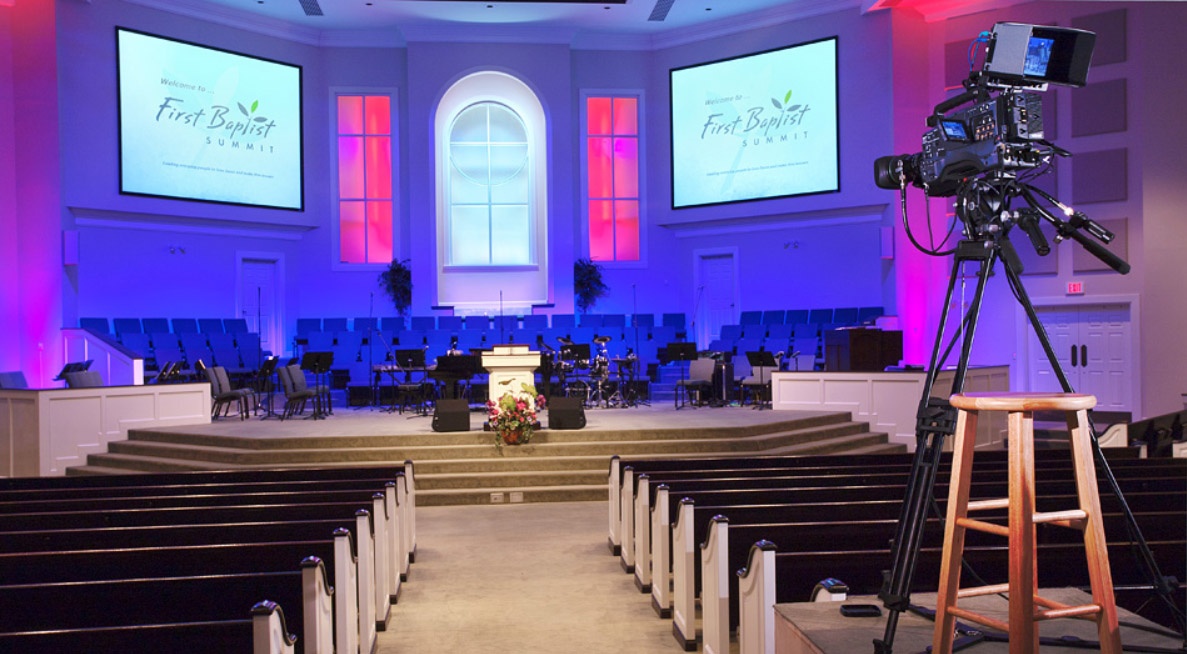In recent years, the widespread availability of technology has enabled churches around the world to broadcast their services to a global audience. While this technological advancement has opened up new opportunities for outreach and engagement, it also brings with it a set of pros and cons that must be carefully considered. In this article, we will explore the advantages and disadvantages of broadcasting church services.
Pros of Broadcasting Church Services
- Wider Reach: One of the most significant advantages of broadcasting church services is the ability to reach a global audience. This allows churches to connect with individuals who may not have access to a physical church or who are unable to attend in person due to various reasons, such as distance, illness, or disability.
- Accessibility and Inclusivity: Broadcasting services can make the church more accessible to people with disabilities, as it eliminates barriers related to physical access. Additionally, it promotes inclusivity by accommodating different schedules, time zones, and languages, making it easier for diverse groups to participate.
- Ministry Expansion: Online broadcasts can serve as a platform for extending the reach of various ministries. Churches can offer counseling, support groups, and educational programs to a wider audience, allowing them to fulfill their mission of helping those in need.
- Engagement and Community Building: Social media platforms and chat features during live broadcasts enable real-time interaction among viewers. This fosters a sense of community, as viewers can share their thoughts, prayers, and support with one another, even if they are geographically distant.
- Evangelism and Outreach: Broadcasting services provide a powerful tool for evangelism. Churches can use online platforms to share the message of faith with people who may be seeking answers or exploring their spiritual beliefs.
Cons of Broadcasting Church Services
- Loss of Physical Connection: While online broadcasts offer convenience, they can never fully replicate the experience of attending a physical church. The absence of face-to-face interaction and physical presence can lead to a sense of detachment and isolation for some individuals.
- Technical Challenges: Technical issues, such as poor internet connections or equipment failures, can disrupt online church services. These challenges can frustrate both viewers and church staff, potentially discouraging participation.
- Privacy Concerns: Broadcasting church services online may unintentionally violate the privacy of attendees. Cameras may capture individuals who do not wish to be seen, and personal information shared during online interactions could be compromised.
- Financial Costs: Setting up and maintaining a high-quality online broadcasting system can be expensive. Churches may need to invest in cameras, microphones, streaming services, and other equipment, which can strain their budgets.
- Spiritual Superficiality: Some argue that online church services can lead to a more superficial experience of faith, as viewers may passively watch without fully engaging in worship or community life. This can potentially weaken the depth of spiritual growth and discipleship.
Conclusion
Broadcasting church services has brought about both advantages and disadvantages for religious communities. While it offers a broader reach, inclusivity, and opportunities for ministry expansion, it also comes with challenges related to the loss of physical connection, technical issues, privacy concerns, financial costs, and potential spiritual superficiality.
Ultimately, the decision to broadcast church services should be made with careful consideration of the specific needs and goals of the congregation. Many churches choose to blend online and in-person experiences to strike a balance that best serves their community and mission. By embracing technology thoughtfully and intentionally, churches can harness its potential while mitigating its drawbacks to better serve their congregations and fulfill their spiritual objectives.
